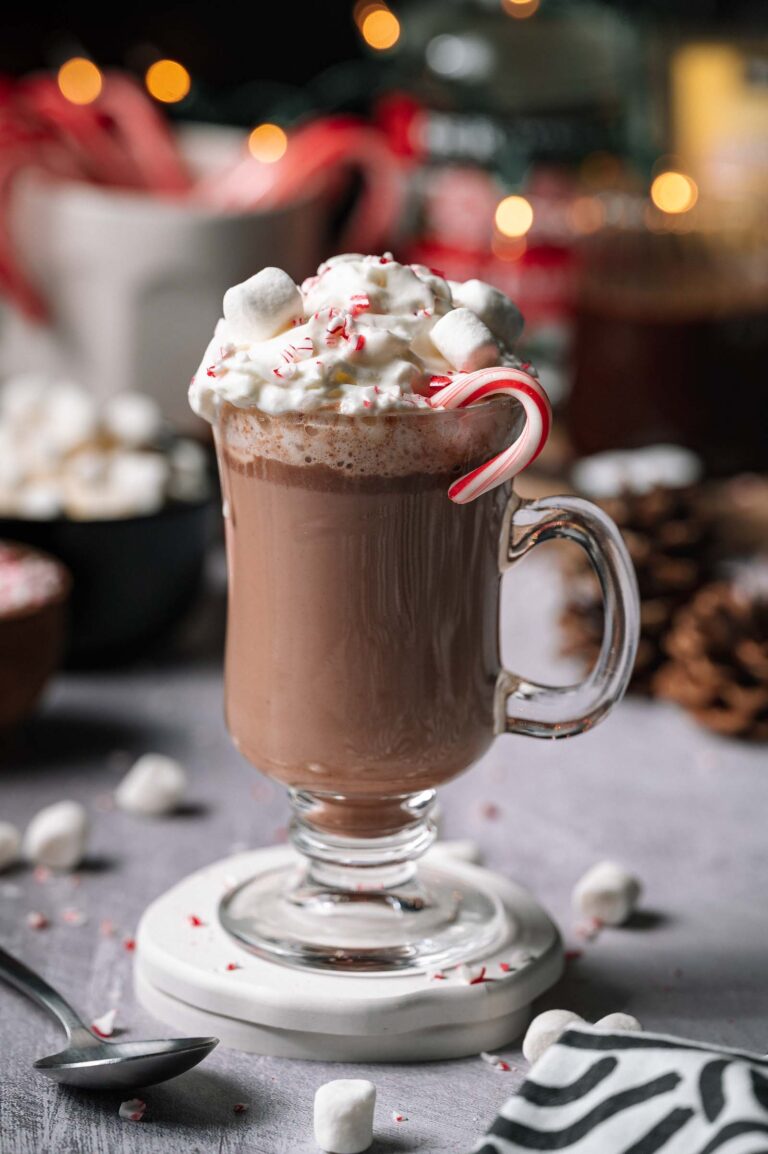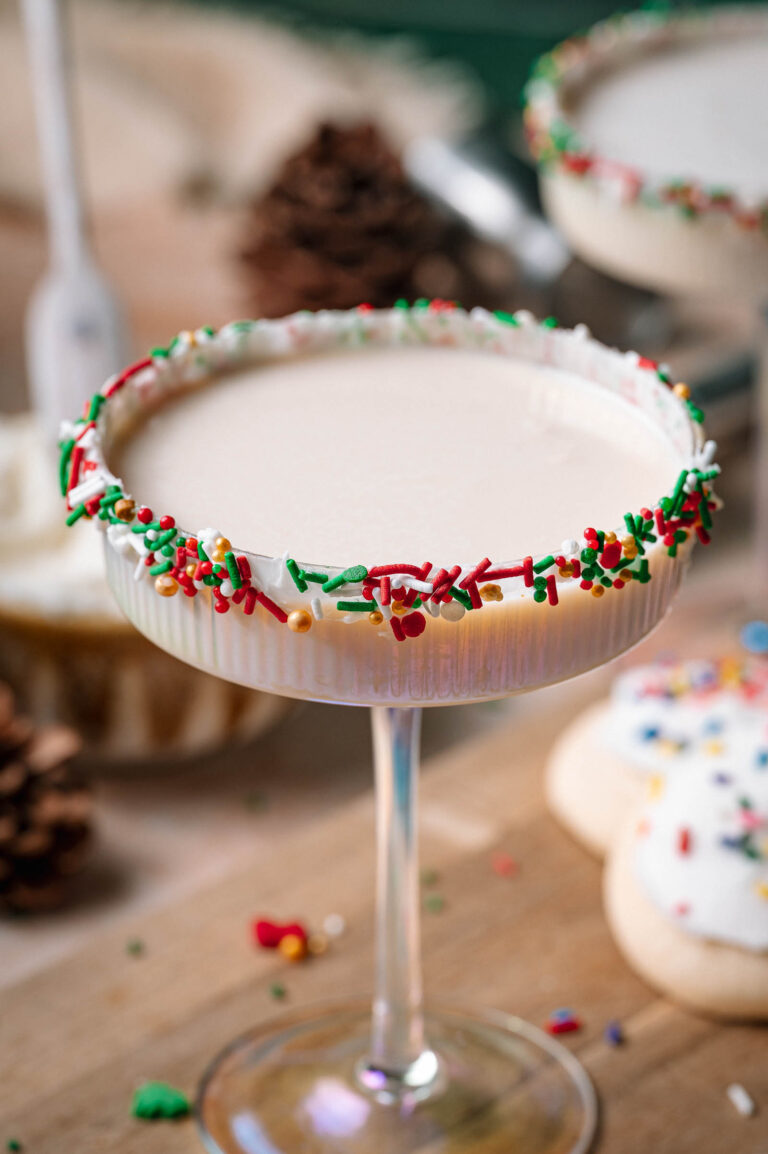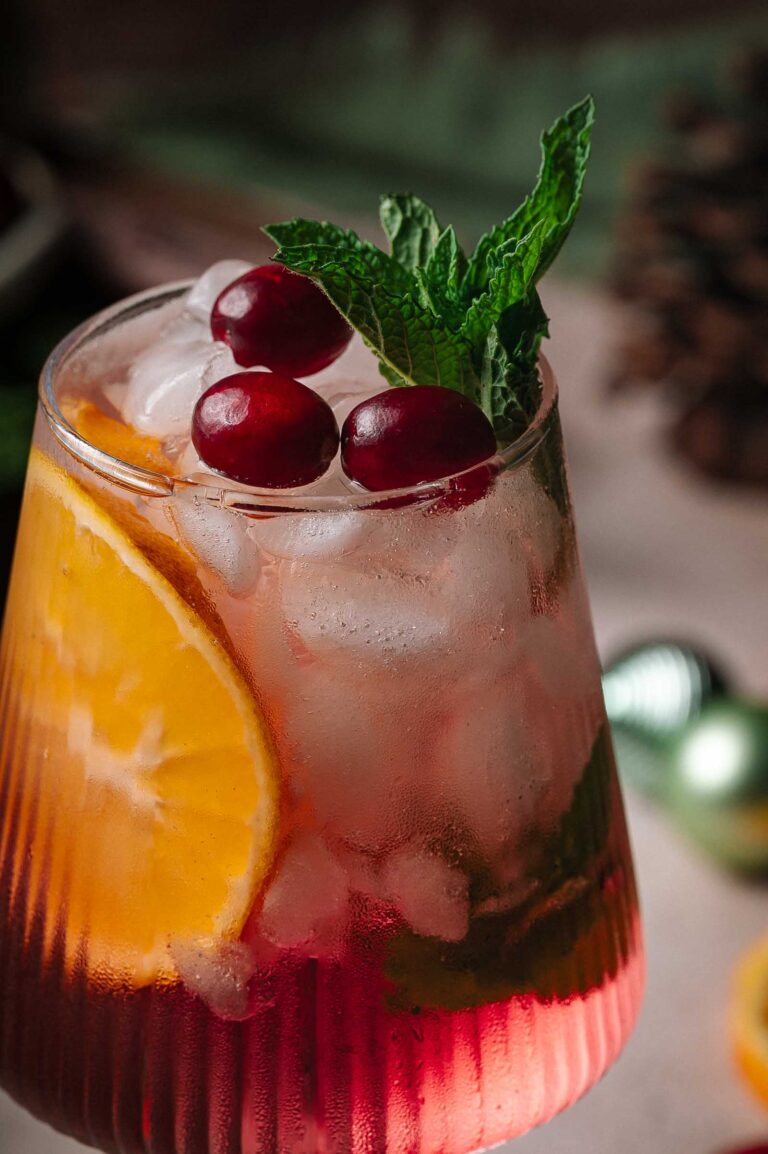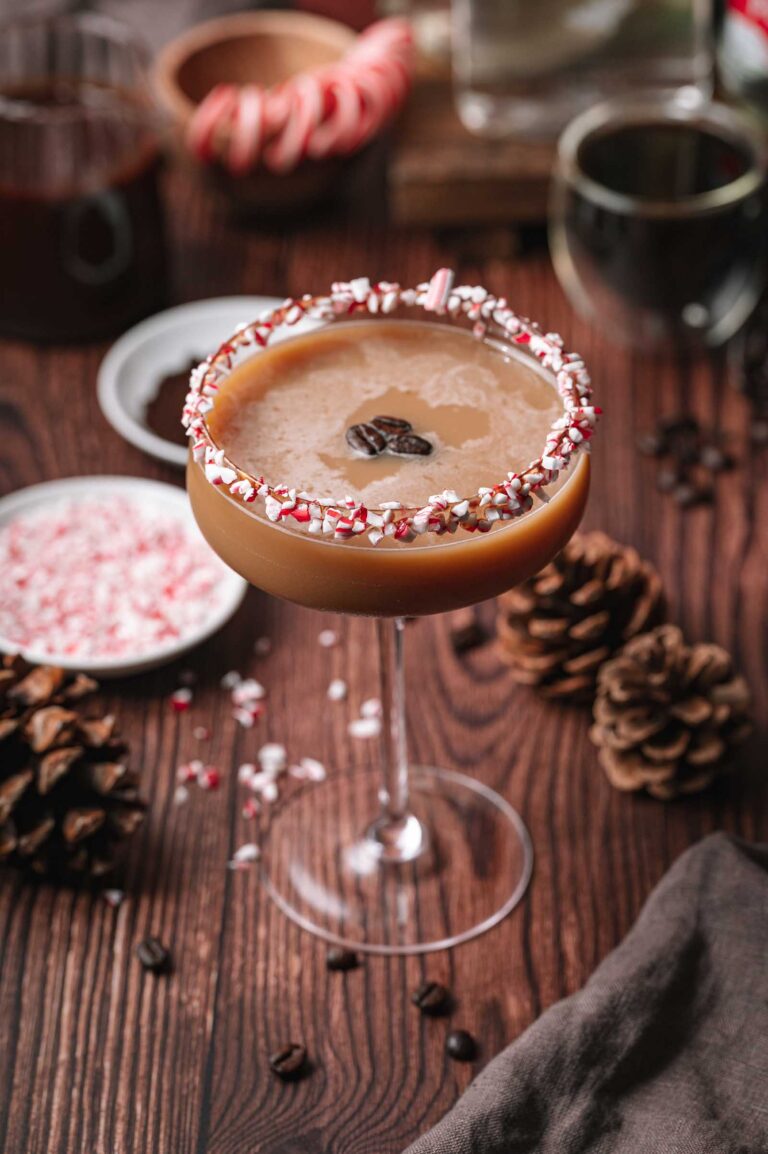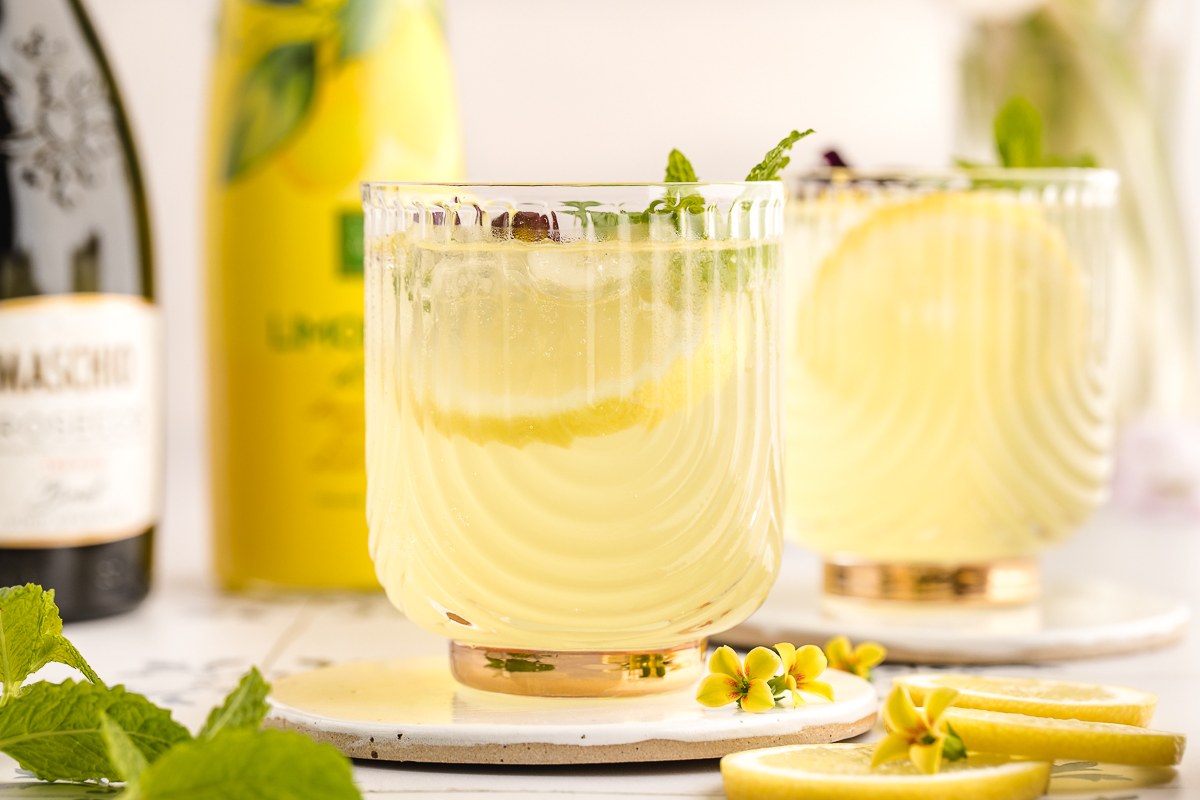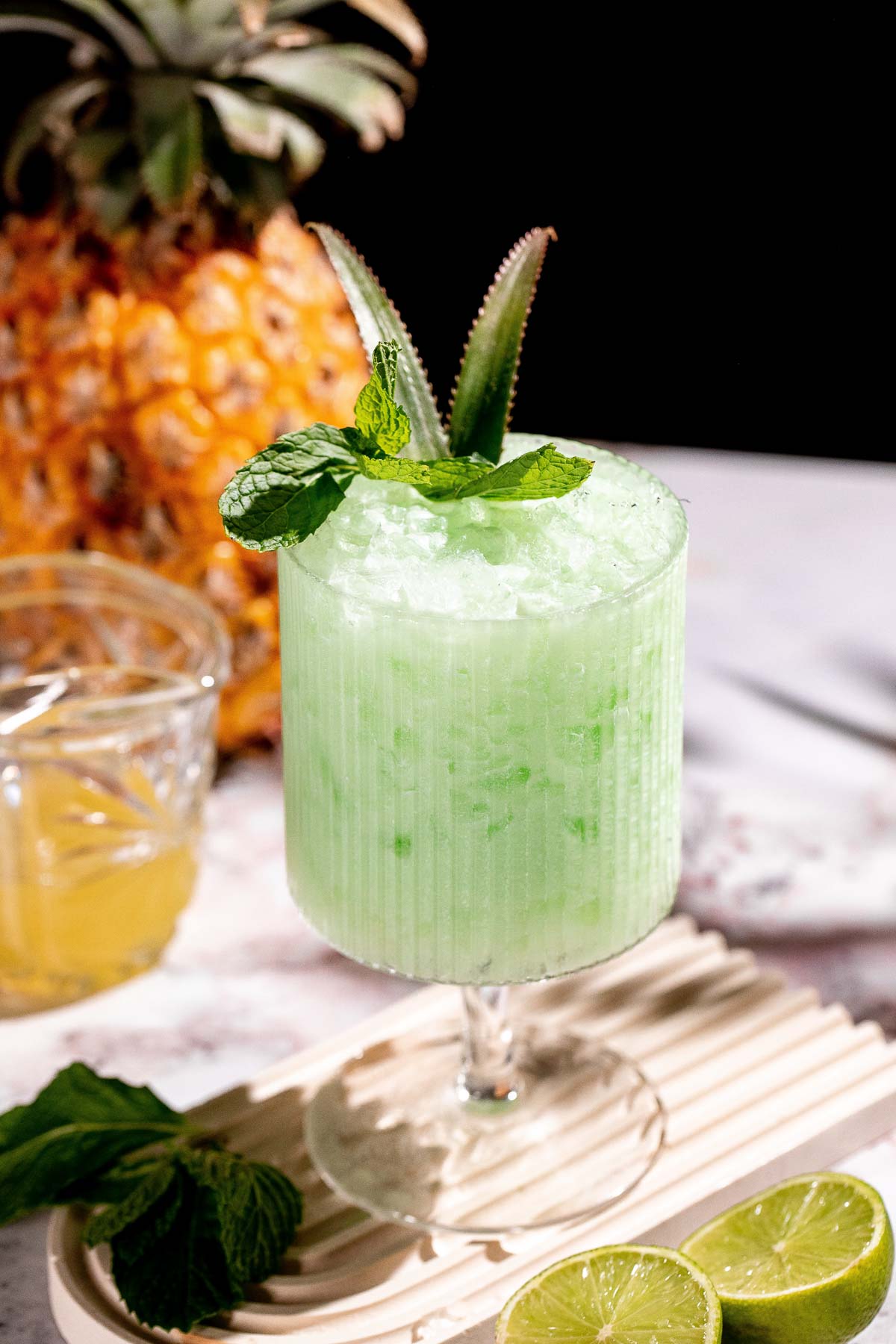Searching for the perfect balance of sophistication and simplicity in a cocktail? Look no further than the Sidecar. This iconic drink not only satisfies your craving for a refined libation but also offers an accessible entry point into the world of classic cocktails, promising a delightful mix of smooth cognac, zesty citrus, and a touch of sweetness that’ll have you reaching for the shaker time and time again.
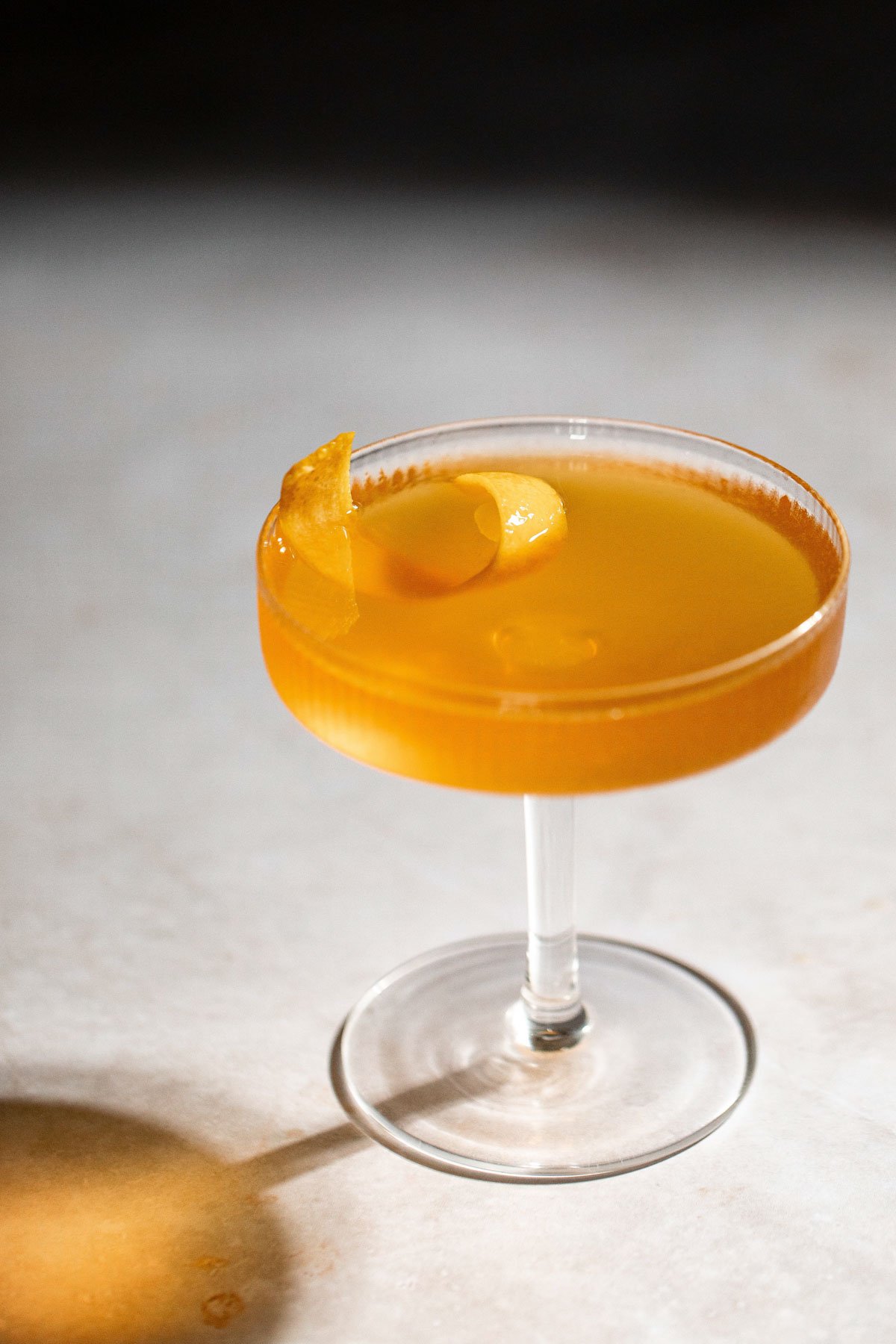
Looking for the perfect sidecar cocktail recipe?
Sometimes, life calls for a drink that’s a little more interesting than your average gin and tonic. Something with a bit of history, a touch of mystery, and enough of a kick to make you forget about the never-ending to-do list swirling around in your head. Enter the Sidecar. This impeccably balanced beauty is chic, sophisticated, and guaranteed to turn heads.
Watch 🎥: How to mix a Sidecar Cocktail
What Is a Sidecar Cocktail?
The rise of the Sidecar cocktail is as fascinating and complex as its flavor profile. Sit back, grab a glass as this boozy tale unfolds during a peculiar time in American history – Prohibition (1920-1933). While the goal was to curb alcohol consumption, the unintended consequence was a boom in speakeasies and, perhaps more surprisingly, new cocktail creations, like a Bees Knees Cocktail and a Mary Pickford.
The Sidecar’s birthplace is a hotly debated topic. Some claim it emerged during Prohibition, perhaps as a “thank you” to the temperance movement for inadvertently fostering innovation behind the bar. Others point to London or Paris as its origin story. A particularly intriguing theory suggests the Sidecar pre-dates Prohibition entirely, tracing its roots back to 19th-century New Orleans.
The Sidecar’s name adds another layer of intrigue. One widely accepted story links it to the motorcycle sidecar, a novel invention in the early 1900s. This theory suggests the drink’s name reflected its “cutting-edge” status at the time.
The recipe itself is another point of contention. The core ingredients – cognac, orange liqueur, and lemon juice – are agreed upon, but the ratios and specific liqueurs used vary depending on the source. This allows for customization based on personal preference or the type of cognac available.
Who invented the Sidecar Cocktail?
Pinpointing the exact inventor is an even trickier task. Two prominent bartenders, Harry MacElhone of Harry’s New York Bar in Paris and Frank Meier of the Ritz Bar, claim the Sidecar’s creation. While MacElhone published a recipe in 1919, his story shifts in later editions, casting doubt on his claim.
The most likely scenario is that the Sidecar recipe, perhaps inspired by the 19th-century Brandy Crusta cocktail, found its way across the Atlantic during Prohibition and gained popularity in the speakeasy scene.
Regardless of its origins, the Sidecar has cemented its place as a classic cocktail, a testament to the ingenuity and adaptability of bartenders throughout history.
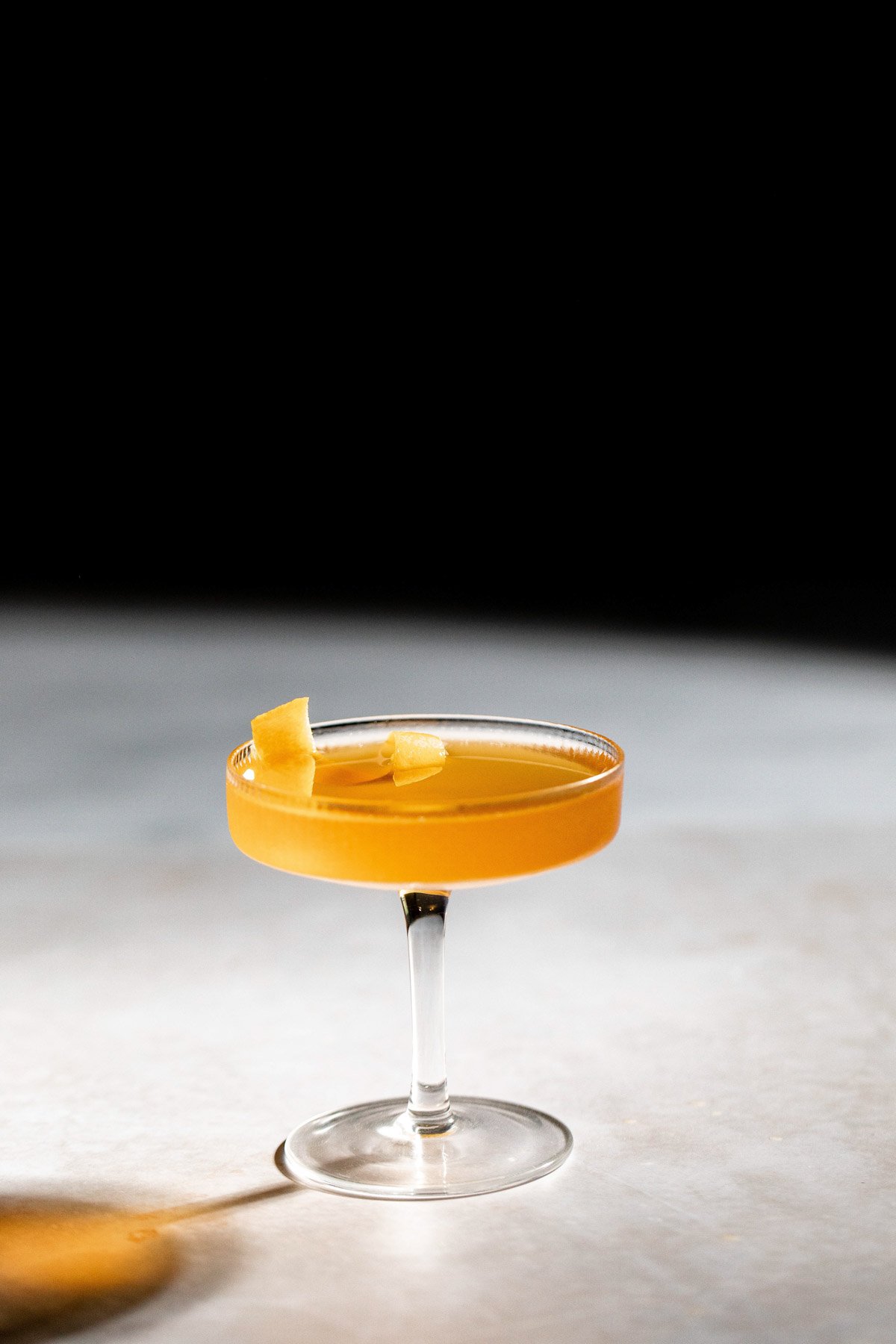
What you’ll love about this recipe:
What You Need to Make a Sidecar Cocktail
How to Make a Sidecar Cocktail
- Fill a mixing glass with ice.
- Add all the ingredients and stir until chilled.
- Strain into a coupe glass and garnish with a lemon twist.
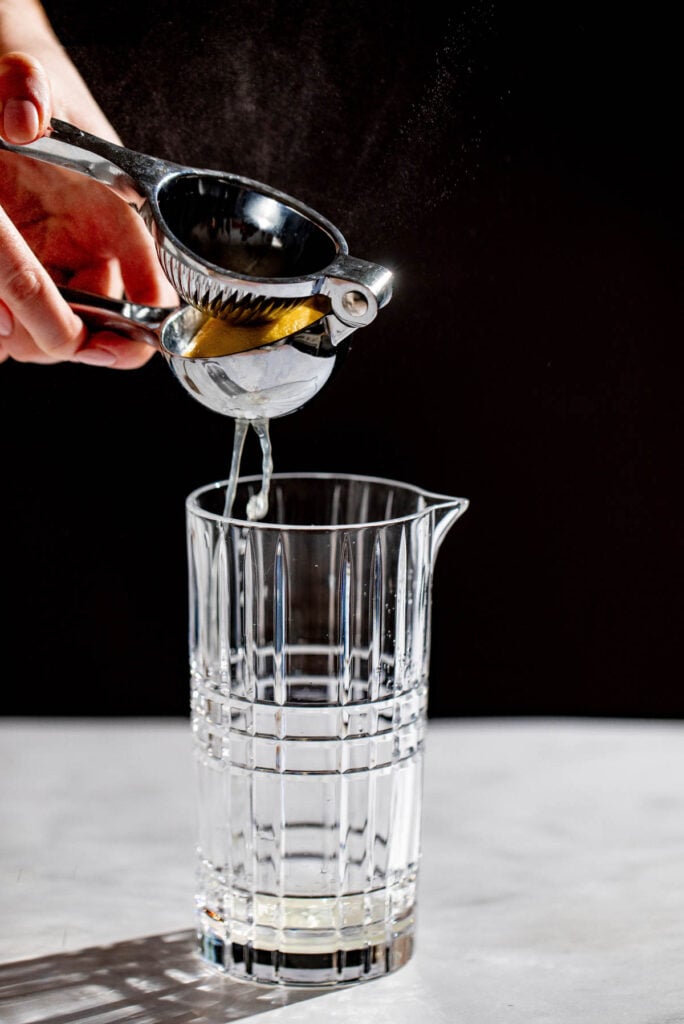
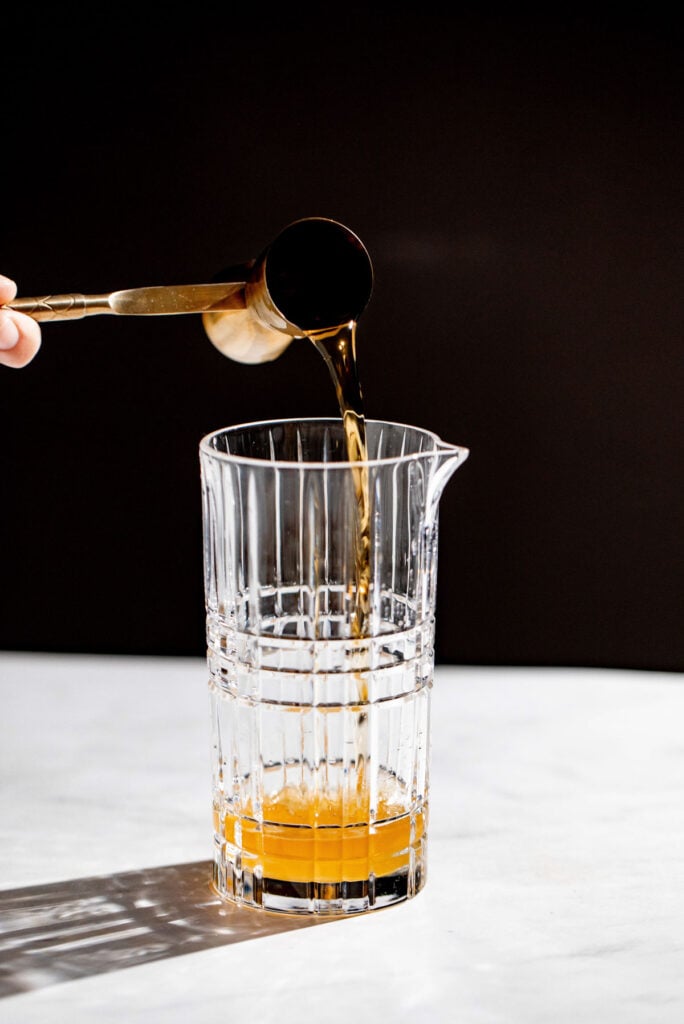
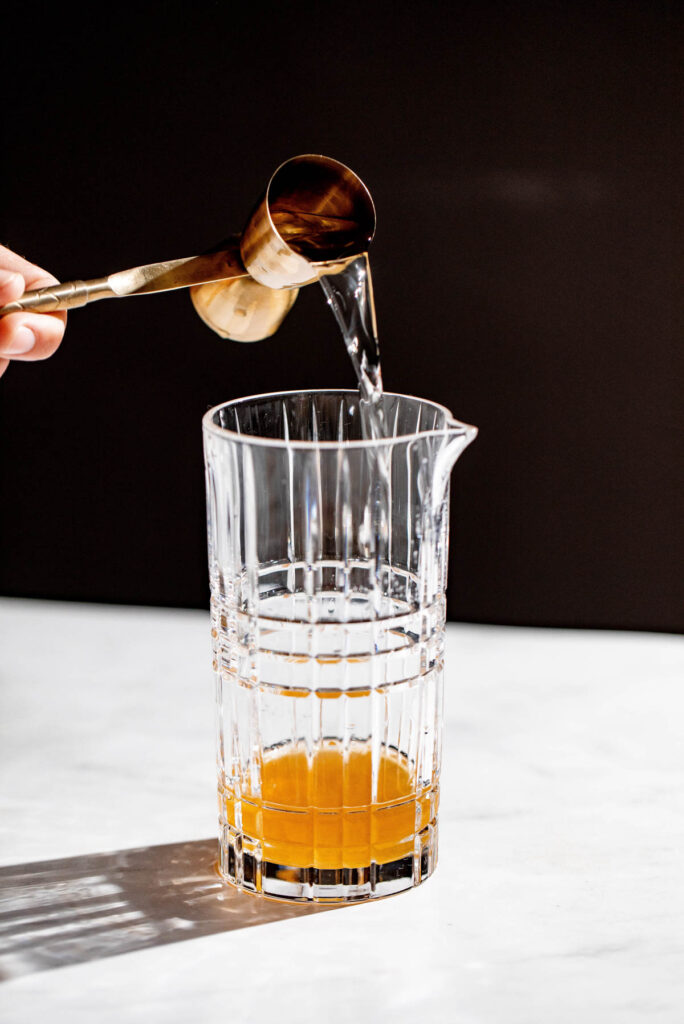
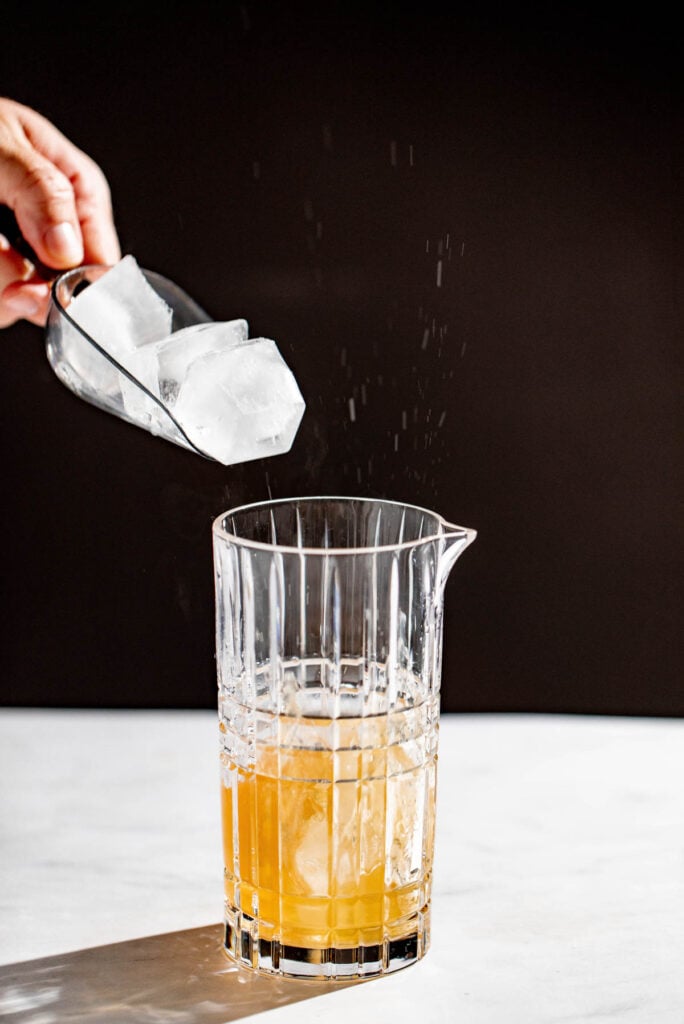
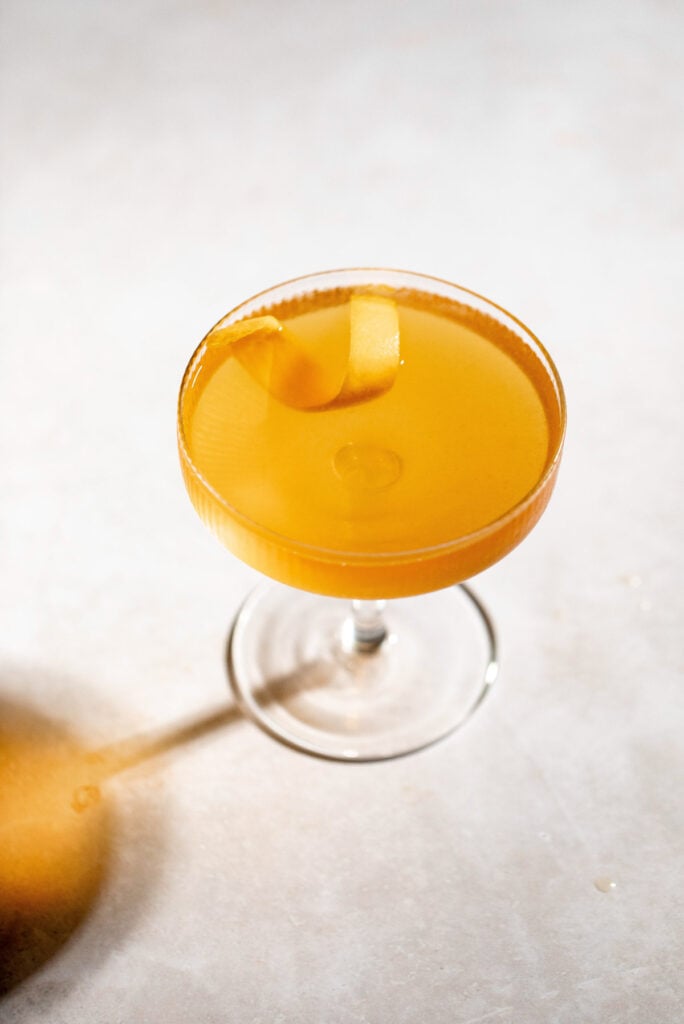
Expert Recipe Tips
- Pop your cocktail glass in the freezer for 15 minutes before shaking. Bonus points for chilled booze!
- Feeling fancy? Wet the rim with lemon, then dip in sugar for a fun sugar rim.
- This is YOUR Sidecar! Want it boozier? More cognac. Less tart? Less lemon juice. Just keep it balanced.
- For a chillier drink, you can shake your sidecar cocktail in a cocktail shaker.
- Want a sweeter sidecar drink? Add a little simple syrup.
- Not a fan of lemon? Use an orange twist instead.
How to Serve This Cocktail
The Sidecar shines as a sophisticated yet approachable after-dinner drink. Its balanced sweetness and citrusy notes are a perfect way to cleanse the palate after a rich meal. The cognac itself adds a touch of warmth and complexity, making it ideal for those lingering conversations that follow a satisfying dinner.
The Sidecar is not fussy, nor complicated, and it guarantees you’ll be the most interesting person at the party (or at least the one with the best drink). Now, raise a glass (or, you know, a chilled coupe) to good company, good conversation, and the simple pleasures in life, like a perfectly balanced Sidecar. If you try this recipe, please rate the recipe card and leave a comment down below to help out the next reader!
Sidecar Cocktail Recipe
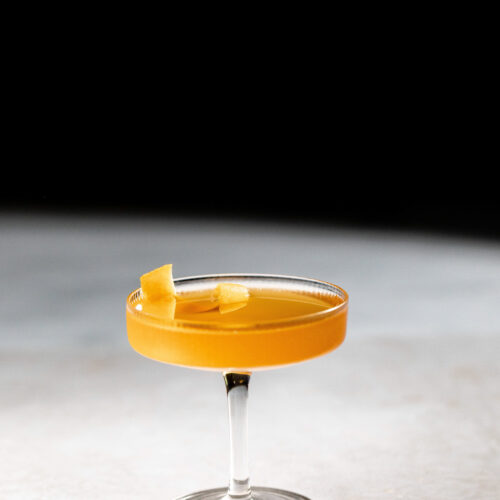
Equipment
- Mixing glass
- fine mesh strainer
- Coupe Glass
- Stirring spoon
- alcohol measuring cup
Ingredients
- 2 oz cognac
- ¾ oz Cointreau
- ¾ oz lemon juice
- Lemon peel for garnish
Instructions
- Fill a mixing glass with ice.
- Add all the ingredients and stir until chilled.
- Strain into a coupe glass and garnish with a lemon twist.
Video


